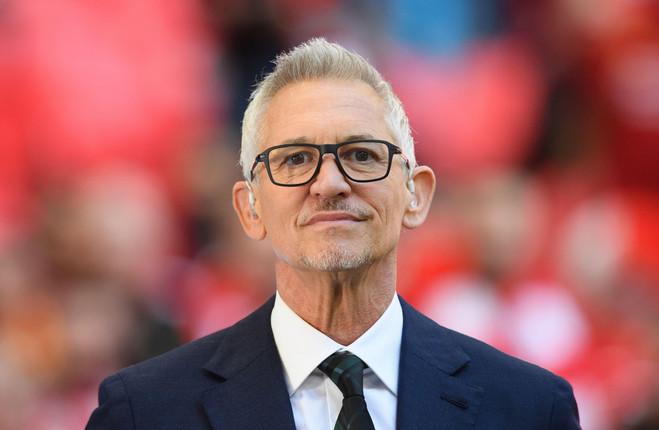1. Each memory represented by a place, a long lost friend, a misplaced bike on a Mayo street. A village at the edge of Europe whose children, for one month every fourth summer, threw down jumpers as goalposts and divided themselves according to adopted teams. World Cups taught us more about geography and geo-politics than school books ever did.
The Irish Examiner’s Colin Sheridan on the absence of a World Cup this summer.
2. Sue Fitzpatrick, bubbly but soft-spoken, could hardly watch, for she hadn’t had a stomach since about 1 p.m. Even the best golfers in the world are, of course, someone’s son. Russ Fitzpatrick, the genesis of his oldest boy’s predilection for number-crunching, held it together admirably. But Matt Roberts, Matt Fitzpatrick’s trainer, had a hard time stringing together sentences for the last four holes. It’s not a nice thing, rooting for someone else to miss a putt. But in sport, one man’s triumph is almost always another’s heartbreak, and, well, which side do you want to be on?
Golf Digest’s Dan Rapaport goes behind the scenes of Matt Fitzpatrick’s U.S. Open celebration.
3. I’m still here, I’m still fighting,” says Doddie Weir even though motor neurone disease traps him inside his paralysed body. Courage and hope define Weir but he is being tested as never before. The former Scotland lock, who won 61 Test caps and played for the Lions on their triumphant tour of South Africa in 1997, was diagnosed with MND just before Christmas in 2016. He has now reached a brutal stage of deterioration.
The Guardian’s Donald McRae interviews former Scotland lock Doddie Weir.
4. On an outside wall at the Right to Dream Academy is a map of the world, stretching from floor to ceiling.
Spread across it, in Ghana, north Africa, the US and Europe, are pictures of the academy’s students and alumni, many of whom are now playing professional football, or studying for degrees in the US while still training on the side.
Right to Dream was set up in 1999 by a former Manchester United scout, Tom Vernon. It is now considered one of the best football academies in sub-Saharan Africa. In early 2021, it received a major influx of cash when Man Capital, part of Egypt’s Mansour Group, bought a majority stake for €100 million.
Writing for The Irish Times, Sally Hayden visits the Right to Dream Academy.
5. ”They’re just a pub team”
It has been an expression used by many football fans over the years.
Such a put-down remains in the game, always as a negative when looking down on a club.
Bruno’s Magpies of Gibraltar are changing all that. They are, without doubt, the most successful pub team of the 21st century.
RTÉ Sport’s Rory Houston profiles Bruno’s Magpies of Gibraltar.
6. Certain deaths, beyond a family’s personal loss, end up framing an era.
The passing of Liam Cahill this week seemed a case in point. A man of varied talents, he predominantly worked during recent years as political adviser and media consultant. The Waterford City native had previously been an RTÉ journalist, serving as the station’s Political Correspondent, before moving during the mid 1990s to a PR position with Intel. Cahill also wrote two well-regarded books, Forgotten Revolution: The Limerick Soviet 1919(1990) and From Suir to Jarama: Mossie Quinlan’s Life and Legacy(2021).
In The Irish Examiner, PM O’Sullivan pays tribute to the late Liam Cahill.
7. At play in the backlash is a fundamental misunderstanding about how racialisation – the social process by which people are organised into different categories, based on real or imagined bodily and cultural characteristics – operates. And it’s a confusion that seems to be shared by rightwing baiters and, disappointingly, some socially conscious supporters of racial justice. They hold on to a view of “race” as static and constant throughout time and place, despite the fact that we know racial categories are constantly invented and reinvented: think of, say, the codification of “coloured” as an identity in apartheid South Africa.
The Guardian’s Jason Okundaye on why Gary Lineker was right to speak out about receiving racist abuse.

